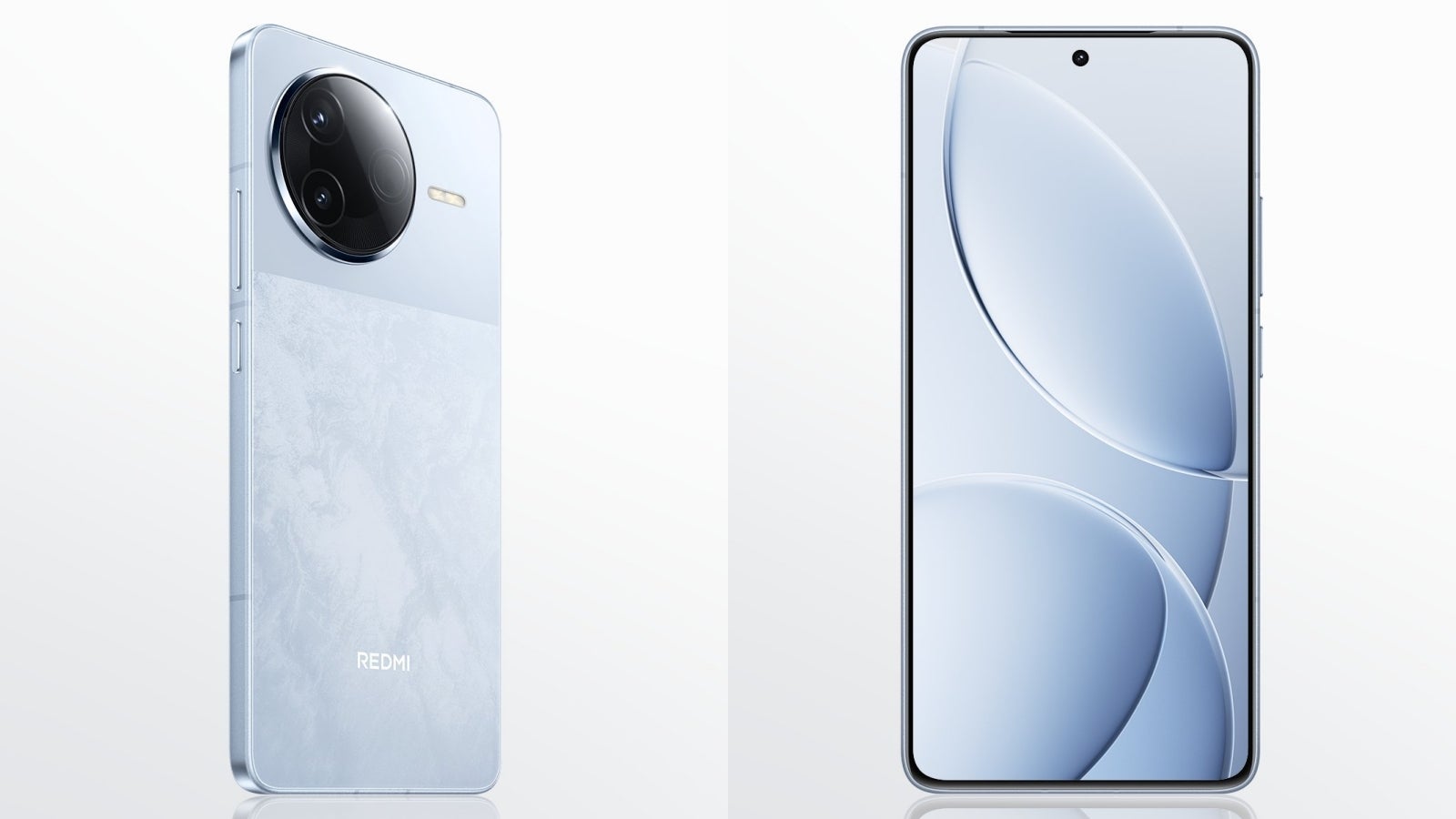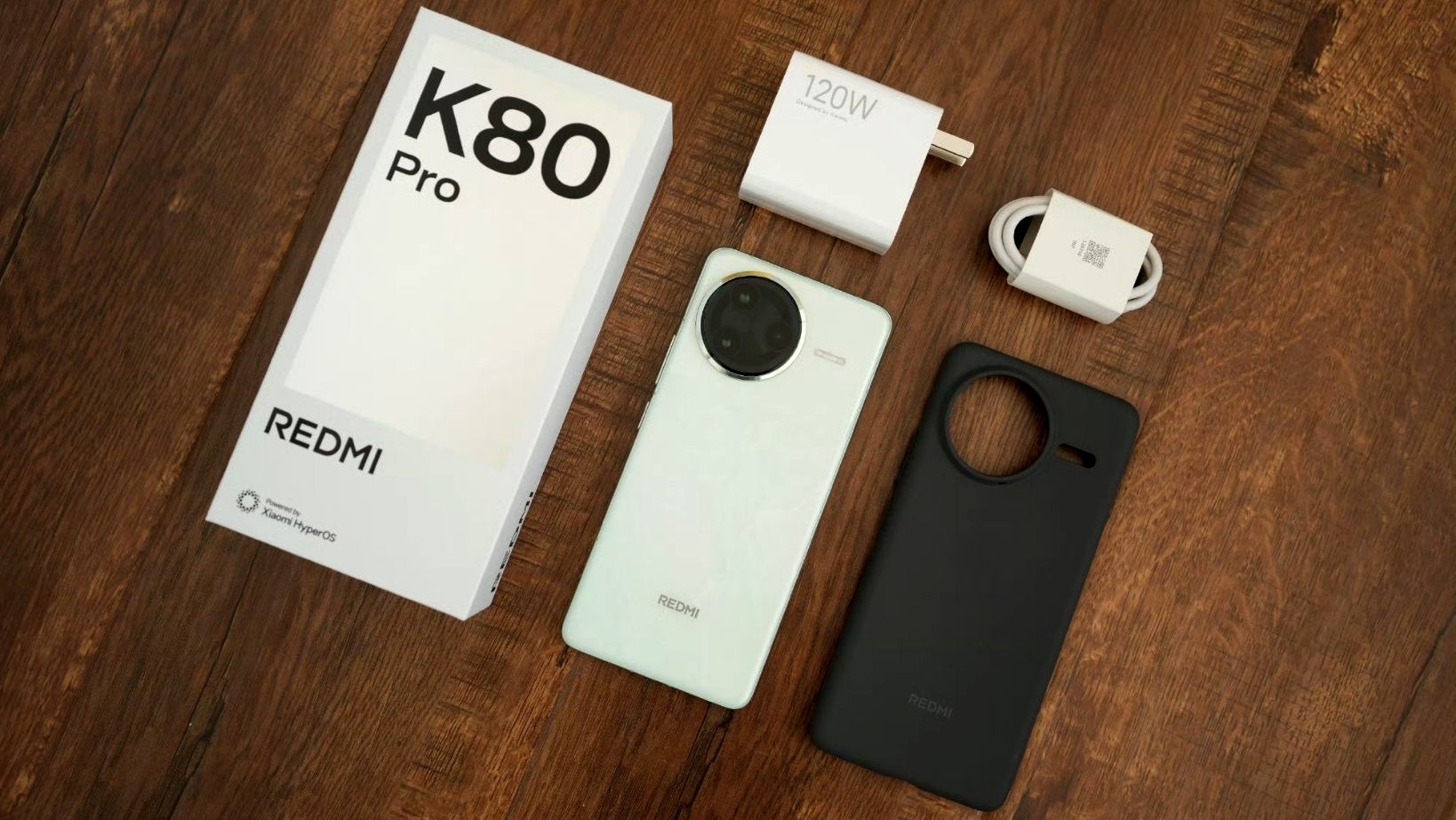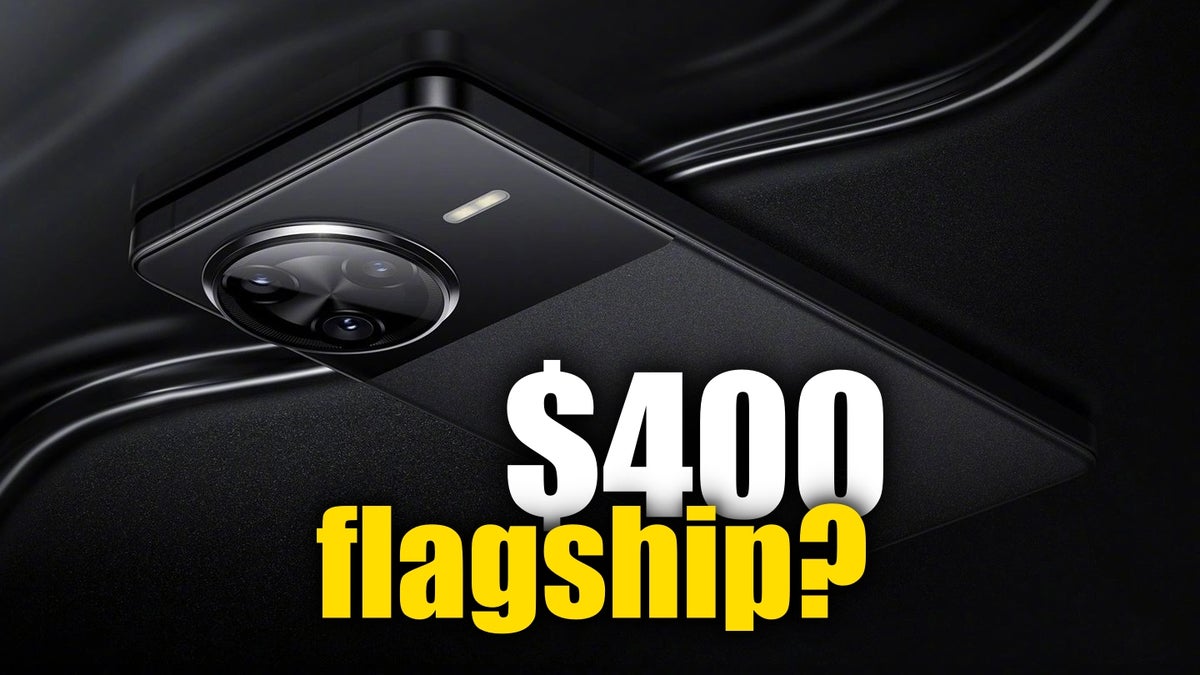Like the Xiaomi 14T series of phones, which the company was pretty much giving away (at launch) – via deals that bring the cost of a $600 phone down to as little as $150 (including a free tablet).
Well… Xiaomi’s “value offensive” on the competition continues – this time, with the latest Redmi K80 and Redmi K80 Pro phones, which (in case you didn’t know familiar) is the company’s “flagship killer” lineup for China (usually released under the “Poco” brand globally).
However, this time, the value on the table might be even more unbelievable, and I figured we should talk about it…
What makes Xiaomi’s new Redmi K80 “flagship-killers” special

Just take a quick look at the notable specs of the vanilla Redmi K80:
- Snapdragon 8 Gen 3 with 12GB of RAM – the most powerful chip EVER in a $400 phone (price if you import it from China)
- Sit down for this one – a 6,650 mAh battery with 90W charging
- 50MP 1/1.55 primary camera with 2x zoom crop, 8MP ultra-wide camera, 20MP selfie shooter
- A flagship-level display with up to 1,800 nits outdoor brightness – of course, 120Hz and all that jazz (you won’t find on the iPhone 16)
- The latest Android 15 out-of-the-box (with a promise of 4 major OS updates)
- IP68 dust/water resistance – for the first time ever on the vanilla/Pro “K” series
- Ultrasonic fingerprint reader (usually found in $1,300 phones like the Galaxy S24 Ultra)
Redmi K80 Pro upgrades over vanilla Redmi K80 that make it a true flagship phone:
- The Redmi K80 Pro gets the latest Snapdragon 8 Elite chip – arguably, the most powerful SoC on the market for until the launch of the iPhone 17 series
- Bright f/2.0, 50MP 2.5x zoom lens with 5x lossless zoom
- Wireless charging – because (apparently) Xiaomi doesn’t care about saving flagship features for its flagship phones anymore
For some reason, the Redmi K80 Pro drops the battery capacity down to “only” 6,000 mAh – if I had to guess, it’s because Qualcomm’s new flagship SoC is efficient enough to compensate for the lower battery capacity. Tests/benchmarks have already proven that – so it’s not a hypothetical guess.
Did Xiaomi just make the best mid-range and the best entry-level flagship phones… ever?
All in all, looking at the specs of the Redmi K80 series, I hesitate to call them “flagship killer” phones… Because they are basically proper flagship phones in every way possible – particularly the Redmi K80 Pro.
Of course, the mainstream competitors to the Redmi K80 are the Google Pixel 8a, Galaxy A55, and eventually (when they are released in March/April), the Pixel 9a and Galaxy A56. We could throw in the OnePlus, Motorolas, and Nothings of the world, of course.
With that in mind, Xiaomi has set the bar so high, that I struggle to see how another mid-ranger phone can get even close to the value offered by the vanilla Redmi K80.
We already know which processors to expect to see inside the upcoming Pixel 9a and Galaxy A56 – the Tensor G3 and Exynos 1580 – that’s mid-range power at best. And if the leaks are accurate, we should also get 5,000 mAh batteries inside both phones
Needless to say, this pales in comparison to the Snapdragon 8 Gen 3 and the monstrous 6,650 mAh battery (with 90W charging) in the vanilla Redmi K80.
Overall, the familiar compromises of going with a Xiaomi mid-range phone as opposed to a Samsung/Google one are now starting to vanish. You can now get IP68 dust/water resistance and extended software support with a Xiaomi mid-ranger, which makes Samsung and Google’s $400-500 phones look far less “special”.
Xiaomi is shaking up the smartphone market once again – bad news for Samsung and Google’s “mainstream” mid-range phones


In the end, the Redmi K80 series is expected to launch internationally under the Poco brand pretty soon.
That being said, if you can’t wait, you can import the K80 series from China pretty easily. Of course, as I’ve always said, you do run the risk of running into customs fees that can increase the price of the phone. However, the well-known websites that sell them promise that the chance you won’t is pretty good – particularly if you’re importing to Europe or the US.
Given that you really manage to avoid added customs fees, the Redmi K80 will cost you as little as 420 EUR/USD (including shipping), which is pretty bonkers for a phone that’s a zoom camera and a wireless charging coil away from being a high-end flagship.
Looking at the bigger picture, it looks like I already know which mid-range phones I might be recommending throughout 2025. It might sound like a cliche, but good phones really are getting cheap and cheap phones really are getting good – it’s no longer necessary to spend more than $400-500 for a flagship-grade smartphone. Unless you must have the absolutely best and most expensive phone just for the sake of it.
Meanwhile, phones like the Redmi K80 and K80 Pro should serve as a wakeup call for Samsung and Google, which are still stuck using weak processors in their $400-500 phones, and most importantly, small batteries. At least in the context of the new age of Si/C battery tech.
As much as I value Samsung and Google’s commitment to software support, and the South Korean company’s proven track record for making reliable phones in the $400-500 price range, it might be time to start taking the mid-range segment seriously, and become more competitive.

